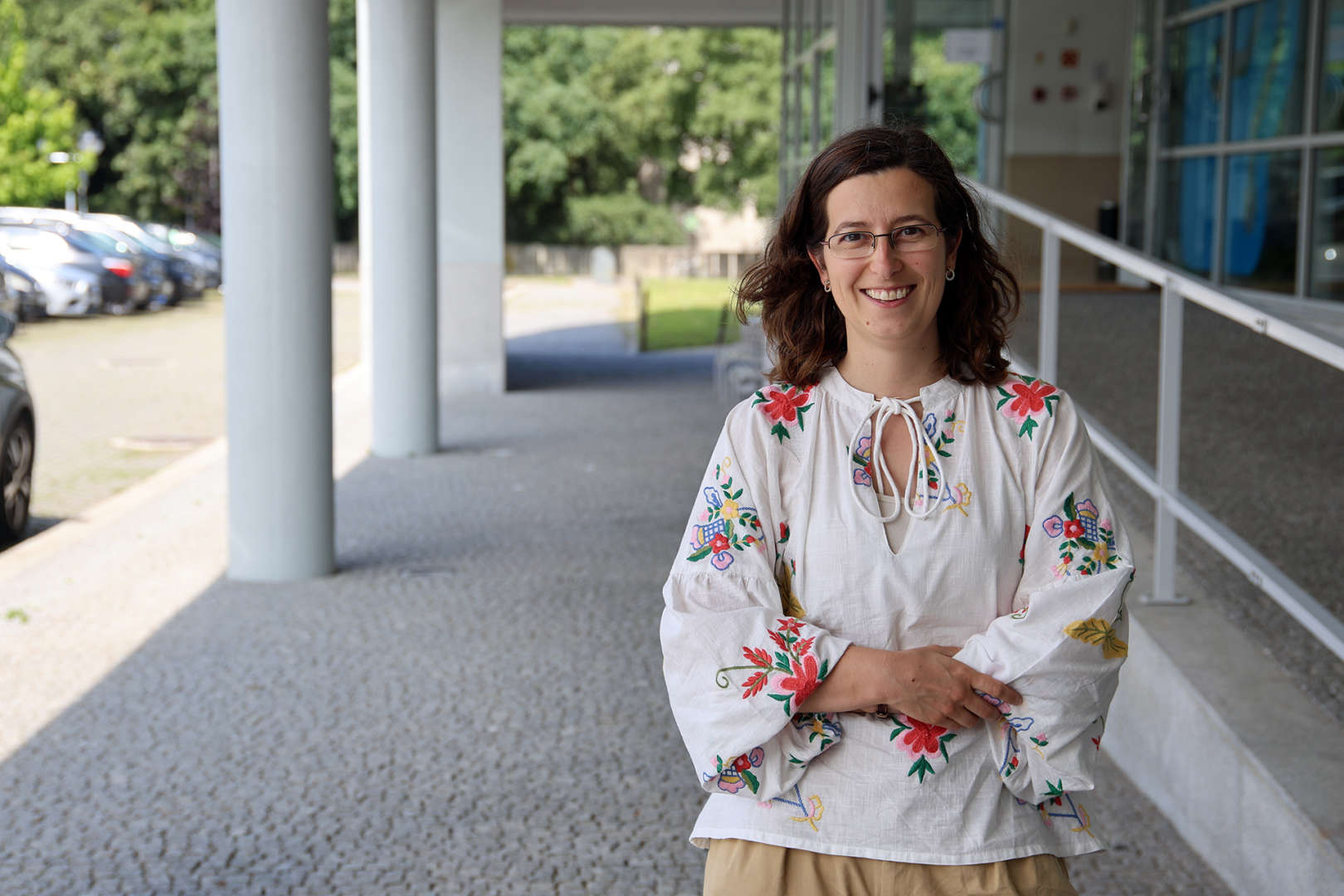About
I’m an Applied Physics PhD with a strong analytical capacity and experience with complex and research-related problem-solving. Also, I was in the Industry for four years, which gave me know-how in some industrial processes and research & development in an industrial context, and also in a technological centre that improved my skills in project management and application for funding. After finishing my post-graduate studies, I’ve enroll a company related with automotive industry, as process engineering and afterwards as head of quality laboratory, under the supervision of the Quality director, managing a team of six people. My post-graduate studies are an added value for fast knowledge acquisition adaptability, and flexibility to face new issues and challenges.
After my experience in industry, I was awarded a Marie Curie CoFund Fellowship at the International Iberian Nanotechnology Laboratory – INL. As a fellow, I have a specific scientific project assigned, although my function at INL and also as a former researcher of INESC TEC, is getting funds through project applications (national and European projects). Due to that function, I have also developed a close connection with the industry aiming for technology transfer. I'm presently at INESC TEC as science manager and project manager of european and national projects.
I have 47 papers in international peer-reviewed scientific journals and peer-reviewed conference proceedings and one patent (EP 3096131 A1), more than 350 citations, with an h-index 13, according to scopus. As an expert in the field, I'm invited regularly as independent expert to project evaluations, PhD thesis and peer-review in several important journals and conferences highly considered in the field of optical fiber sensors and plasmonics.


